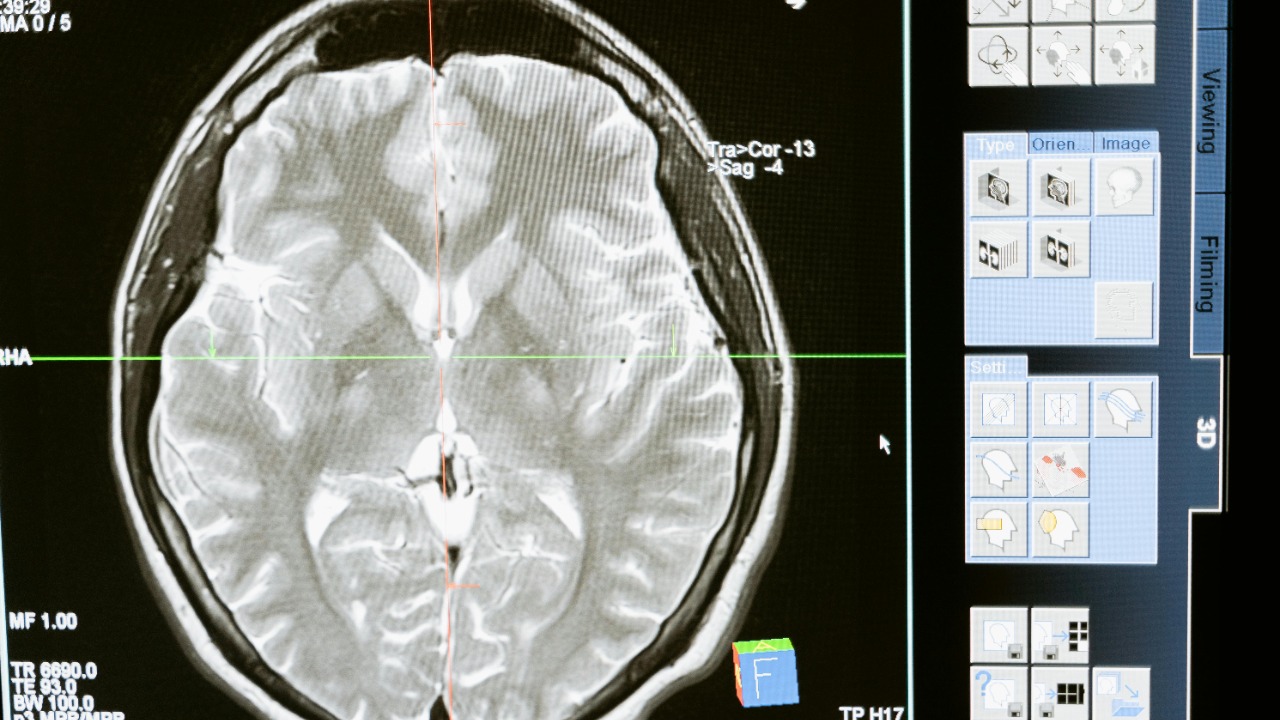
Recent research has unveiled the intricate processes through which sleep contributes to brain health and cognitive sharpness. A study from the Massachusetts Institute of Technology (MIT) has shed light on the physiological mechanisms that enable sleep to cleanse the brain of neural waste and enhance cognitive function. This discovery could provide valuable insights into preventing age-related cognitive decline. Complementing these findings, a report has highlighted five brain growth hacks, including the cognitive benefits of music, art, and dance.
The Mechanisms of Sleep in Brain Maintenance
The MIT study has provided a comprehensive understanding of how sleep facilitates the removal of metabolic waste products from the brain. One of the key findings of the research is the activation of the glymphatic system during sleep. This system, akin to a waste disposal mechanism, is responsible for the enhanced clearance of toxins from the brain during sleep.
The implications of these findings are significant, particularly in the context of neurodegenerative conditions. The study suggests a direct link between sleep duration and quality and the reduced risk of such conditions, emphasizing the importance of adequate sleep for maintaining brain health.
Sleep’s Role in Neural Waste Clearance
The MIT research also delves into the role of sleep in increasing the interstitial space in the brain, thereby facilitating fluid flow. This process is crucial for the efficient removal of waste products from the brain. The dynamics of cerebrospinal fluid, which “cleans” the brain, are particularly efficient during non-REM stages of sleep.
Without adequate sleep, the risk of waste accumulation increases, potentially leading to detrimental effects on brain function. The study’s observations underscore the importance of sleep in maintaining the cleanliness of the brain and preventing the accumulation of harmful waste products.
Enhancing Cognitive Sharpness Through Rest
Another significant finding of the MIT study is the role of sleep in consolidating memories and facilitating synaptic pruning, which leads to sharper thinking. Disrupted sleep patterns can impair focus and learning, as evidenced by the research’s metrics on brain performance.
The study also provides practical takeaways, such as the importance of maintaining optimal sleep cycles. The emphasis on restorative phases of sleep highlights the need for quality sleep, not just quantity, for cognitive sharpness.
Brain Growth Hacks Beyond Sleep
In addition to sleep, other activities can also contribute to brain health and cognitive development. A 2025 report highlights five brain growth hacks, including the role of music, art, and dance in boosting cognitive development in children.
The report emphasizes the role of music in enhancing neural pathway development through rhythm and melody. Similarly, art contributes to creativity and problem-solving, as detailed in the findings.
Integrating Arts for Children’s Cognitive Boost
The report also highlights the impact of dance on spatial awareness and coordination. Combining these activities with good sleep hygiene can contribute to overall brain cleanliness, as suggested by the MIT study.
The benefits of these activities are age-specific, with the report focusing on their impact on children’s developmental stages. These findings underscore the importance of a holistic approach to brain health, incorporating both sleep and stimulating activities.
Practical Applications for Daily Brain Care
Integrating the recommendations from the MIT study and the brain growth hacks report can provide a comprehensive approach to daily brain care. For instance, establishing a routine that includes a wind-down period before engaging in arts activities can maximize brain cleanliness and sharpness.
Adopting such practices can lead to long-term outcomes, such as sustained cognitive development. The insights from both sources provide a concrete roadmap for maintaining brain health and enhancing cognitive function, emphasizing the importance of both sleep and stimulating activities.
More from MorningOverview